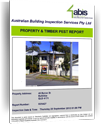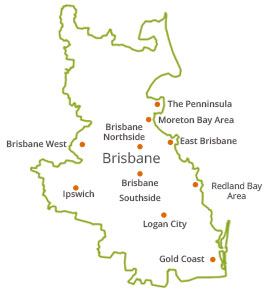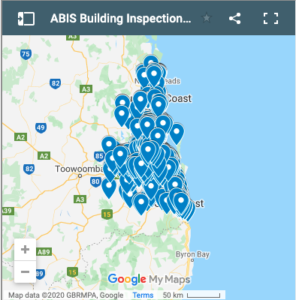Safety Glass Windows
Many homes built before 1989 do not meet Australian safety standards for glass, exposing families and children to unnecessary risk due to splintering. Even though the standard was introduced in 1989 the changes were not retrospective and there has been little effort to upgrade glass in existing homes.
Annealed Glass was used as the alternative and is often found in windows. Other names used for this product can be sheet glass, plate glass, float glass and figured rolled glass. All are made by melting together a variety of raw materials, such as salt, sand and limestone and are produced in flat sheet of various sizes and thicknesses. If the annealed glass is broken, regardless of its thickness, it fractures into sharp, jagged pieces.
The simplest way to prevent an injury is to be certain that one of two types of safety glass (accordingly labelled) is used in any area where there are risks:
Grade A – Toughened & Laminated Safety Glass
Grade B – Wired Safety Glass
Toughened or tempered glass is commonly used in the manufacture of products such as stove tops and hobs, cookware, tableware and shower screens. It is made by a process of heating glass to a molten state at about 600 degrees Celsius followed by sudden chilling by compressed air. This cooling process causes the surface to contract rapidly, forming a rigid outer layer around the glass rendering it much stronger than conventional glass and far more resistant to impact stress and temperature change.
Toughened glass offers 4 to 5 times the strength of ordinary glass of the same thickness. It is impact resistant and allows large clear spans with minimum fixing. In the unlikely event that the glass does break, it forms small particles, reducing the risk of injury. When wired glass is broken, fragments of glass remain attached to the wire or will offer protection from injury by resisting penetration.
These are covered by Australian Standard AS/NZS 1288 for installation and safety and AS/NZS 2208 detailing test requirements.
Since 1989 windows and other glazing installed in all new buildings have been required to meet mandatory specifications under Australian Standards.
Standards for Shower Screens
Shower screens and doors must comply with Australian Standards AS/NZS 1288 and 2208 and be made of Grade A toughened glass or Grade B wired glass. The minimum thickness of framed toughened glass (Grade A) is 4mm. The minimum thickness of partly framed and frameless toughened glass is 6mm.
However, toughened glass has been known to break into small blunt cube-like granules when a small chip of the glass disturbs the surface tension causing it to burst inward. This can be minimised by drying hinges on shower screens after each use, or cleaning them weekly with a mild soap solution, rinsing and drying. Do not use abrasive cleaners of any kind on hinges and other hardware. Keep glass clean to prevent mineral deposits.
Manufacturers often provide a leaflet advising the proper care that should be taken with your toughened glass and hardware, along with certain warnings. Always follow the manufacturer’s instructions.
Reducing the Risk
- Prevent contact with glass
- Identify glassed areas clearly
- Use safety film on low level areas and protect with barrier rails or recessed sills
- Screen fixed panels along side doors by furniture or plants
- Play or eat away from glassed areas
- Use furniture that will not fall onto the glass or allow children to easily climb upon
- Place easy-to-see stickers at adult and child height on glass sliding doors and panels
- Make sure glass areas are well lit at all times especially at night
- Ensure glass is not pushed on, banged into or slammed
- Maintain a trip-proof area. Remove toys and loose rugs
- Keep inside and outdoor areas dry to prevent slipping into glass
- Seek advice on correct glass thickness for shelving
- Ensure glass is adequately supported
- Ensure edges are either protected or use rounded edges
- If shelving is chipped or cracked replace immediately




